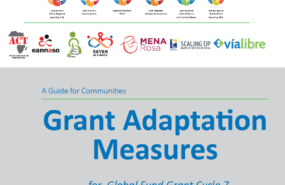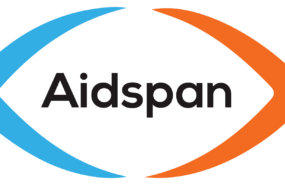Implementing and scaling up programmes to remove human rights-related barriers to HIV services
- 09.06.2020 16:42
- Post Views: 674
In 2020 this cannot be more critical or timely, as countries move forward, for the first time in the history of the AIDS response, to apply significant resources to resolving the human rights challenges that have impeded the response since the beginning of the epidemic, some 40 years ago.
This publication is the result of a joint cooperation between the Global Fund, Frontline AIDS and GIZ BACKUP Health on behalf of the German Federal Ministry of Economic Cooperation and Development (BMZ).
This guide describes the barriers to HIV services that many people continue to face; why concrete programmes are needed to remove them and the evidence-informed programmes that can achieve this. It provides step-by-step guidance to enable implementers to plan, implement and evaluate programmes to remove human rights-related barriers to services.
Related News
Services for migrants and refugees from Ukraine – HIV/TB care with a focus on key populations
Due to the increasing flows of refugees from Ukraine because of Russia’s invasion of Ukraine, the EECA Regional Platform created a spreadsheet to fill contacts details of face-to-face and online services for refugees and migrants (with a focus on HIV/TB care and key population groups).
Regional Platform – EECA
This web-resource is a part of new regional communication and coordination project “Regional Civil Society and Community Support, Coordination and Communication Platform - EECA”, implemented by Eurasian Harm Reduction Association (EHRA).
Tags
See also
-
Grant Cycle 7 Reprioritization: How can communities prepare? 02.07.2025 12:03
-
Webinar: Using Global Fund's Data for Advocacy 12.06.2025 12:00







